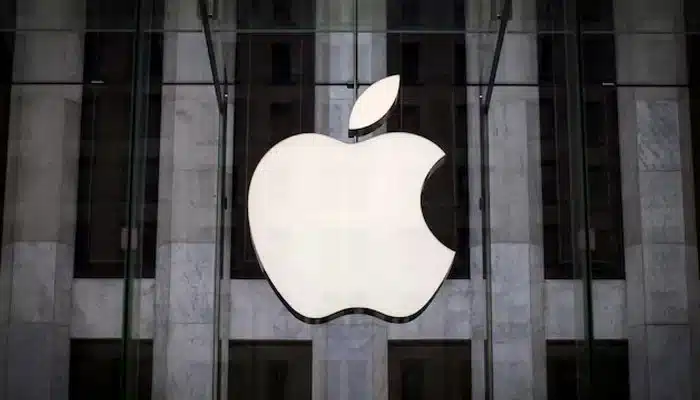Facing a looming 104% tariff on Chinese imports, Apple airlifted high-value devices—including Macs and iPhones—into the U.S. ahead of the April 8, 2025 deadline. This urgent move aimed to protect its supply chain and keep product prices stable for American consumers, at least temporarily.
According to reports from Nikkei Asia, Apple wasn’t alone. Other tech giants like Dell, Microsoft, and Lenovo also rushed their most expensive devices into the U.S. before the new tariffs went into effect.

Limited Stock, Limited Time
One Apple supplier confirmed that companies had asked for as many devices as possible to be shipped by air. However, the biggest challenge was component shortages. Suppliers didn’t have enough stock on hand to meet demand so close to the deadline.
Estimates suggest Apple filled at least five cargo flights with iPhones alone. Each Boeing 747 can carry roughly 300,000 units, which means Apple may have moved around 1.5 million iPhones in a matter of days. But with Apple reportedly selling around 320,000 iPhones daily in the U.S., this supply may only last a few days.
Macs Included in Emergency Shipments
Although earlier reports focused on iPhones, the latest update confirms that Macs were part of the emergency shipments too. Devices priced over $3,000 took priority, as they stood to be hit hardest by the new import taxes.
Apple has also relied on smaller iPhone packaging to maximize cargo space. While that helps, it still won’t be enough to cover months of sales.
What Comes Next?
Apple, like other tech firms, is now exploring alternatives. Some are looking to shift more production to India, Southeast Asia, and Mexico. Others may scale back U.S. shipments entirely.
For now, Apple’s stockpile may delay the impact of tariffs. But unless the trade dispute resolves soon, American consumers could soon face higher prices on Macs, iPhones, and iPads.











